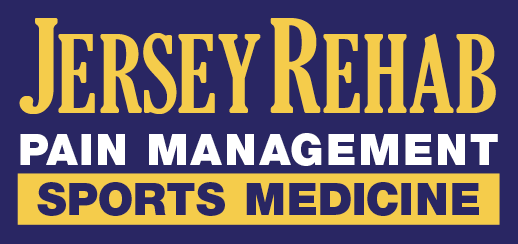What is Sciatic Nerve Pain and How Can I Fix It?
Sciatica is a type of back pain that usually starts with a herniated disk in your lower spine. These disks are made of connective tissue and separate the bones in your vertebrae. Sometimes, they get worn down due to an injury or years of use and will push out and put pressure on your nerves, including the sciatic nerve.
Although sciatica is uncomfortable, most cases resolve on their own in a few weeks. Usually, only people who have severe weakness in the leg or have bladder and bowel problems are candidates for surgery.
How Do I Know if I Have Sciatica?
The hallmark sign of sciatic nerve pain is pain radiating from your lower spine and down the back of your leg. You might feel pain along any part of the nerve, but it’s likely to take the path of your lower back, buttocks and back of your thigh or calf. Run your finger along the pain and see if this is the trajectory it takes. If so, chances are you have sciatica.
The discomfort you feel varies based on a number of factors, as well as your own personal tolerance for pain. Some people feel mild aches while others experience sharp burns, excruciating pain and electric shocks. Certain actions can make the pain worse, such as sneezing, coughing or sitting for long periods of time.
It’s also possible to experience numbness, tingling or muscle weakness due to the nerves being angry and inflamed. To get a formal diagnosis and discuss your treatment options, contact a back pain doctor in NJ right away.
Is it Possible to “Fix” Sciatic Nerve Pain?
Sciatica generally responds well to at-home remedies. In fact, roughly half of people with sciatic nerve pain get better in six weeks with just rest and medication. Here are some of the best ways to deal with sciatica:
- Physical therapy. Work with a physical therapist who can develop a stretching and exercise routine for you. Correct posture is also important.
- Exercise. Keep active to reduce inflammation in the body. You don’t want to do further damage, so light exercises like swimming or walking are best.
- Hot and cold packs. Apply hot and cold packs to your back a few times a day. This will help decrease pain and inflammation.
- Medications. Your first option is over-the-counter pain relievers and anti-inflammatories. If these don’t work, a New Jersey back pain specialist can prescribe something stronger.
- Alternative therapies. Therapies like yoga, acupuncture and biofeedback offer relief for some individuals.
Even though sciatica typically gets better on its own, the pain can be severe and at-home remedies may not be enough. If this is the case, you may be a candidate for alternative therapies or surgery. To discuss your treatment options for sciatica, contact one of our four pain management centers in NJ. We are well-known for our innovative advanced pain management techniques.

